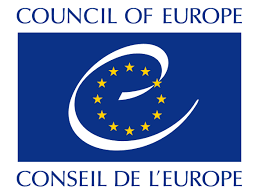 THE COMMON EUROPEAN FRAMEWORK OF REFERENCE FOR LANGUAGES: LEARNING, TEACHING, ASSESSMENT (CEFR)
THE COMMON EUROPEAN FRAMEWORK OF REFERENCE FOR LANGUAGES: LEARNING, TEACHING, ASSESSMENT (CEFR)
The CEFR is a key instrument for establishing a European educational space in the field of modern languages. Its main aim is to facilitate transparency and comparability in the provision of language education and qualifications. It is available in nearly 40 language versions. More
 in connection with the CEFR:
in connection with the CEFR:
LANGUAGE EDUCATION POLICY PROFILES
At the request of national or regional authorities, the Council of Europe provides expert assistance with the development of a Profile – a process of analysis and reflection leading to proposals to support a global and coherent approach to language learning and teaching, and involving all languages in education. More Overview and Reports
LANGUAGES OF SCHOOLING
This project deals with the language(s) of instruction in school which is most often the national or official language(s) and also the mother tongue of the majority of students. Within the wider concept of plurilingualism and respect for linguistic diversity, the project also addresses issues relating to the development of the plurilingual repertoire of learners.
More
POLICY GUIDE AND STUDIES: TOWARDS PLURILINGUAL EDUCATION
Aimed at policy deciders, the Guide describes how language education policies can promote a global and coherent approach to plurilingual education. The Guide is accompanied by a series of thematic studies.
More
GUIDE FOR THE DEVELOPMENT AND IMPLEMENTATION OF CURRICULA
Aimed primarily at persons in charge of curricula, this Guide addresses all those involved in teaching. It offers practical approaches in curriculum development, illustrated with scenarios, in order to implement plurilingual and intercultural education. It is accompanied by two satellite studies.
 The result of over twenty years of research, the Common European Framework of Reference for Languages: Learning, teaching, assessment (CEFR) is exactly what its title says it is: a framework of reference. It was designed to provide a transparent, coherent and comprehensive basis for the elaboration of language syllabuses and curriculum guidelines, the design of teaching and learning materials, and the assessment of foreign language proficiency. It is used in Europe but also in other continents and is now available in 40 languages. More...
The result of over twenty years of research, the Common European Framework of Reference for Languages: Learning, teaching, assessment (CEFR) is exactly what its title says it is: a framework of reference. It was designed to provide a transparent, coherent and comprehensive basis for the elaboration of language syllabuses and curriculum guidelines, the design of teaching and learning materials, and the assessment of foreign language proficiency. It is used in Europe but also in other continents and is now available in 40 languages. More...


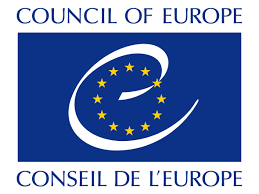
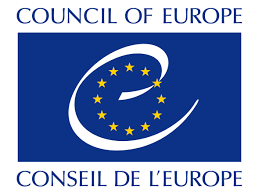
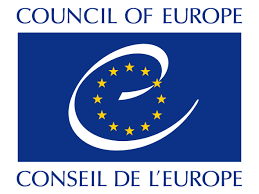
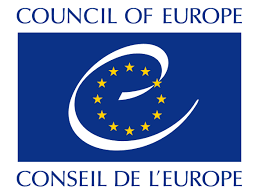

/https%3A%2F%2Fprofilepics.canalblog.com%2Fprofilepics%2F1%2F0%2F1076071.jpg)